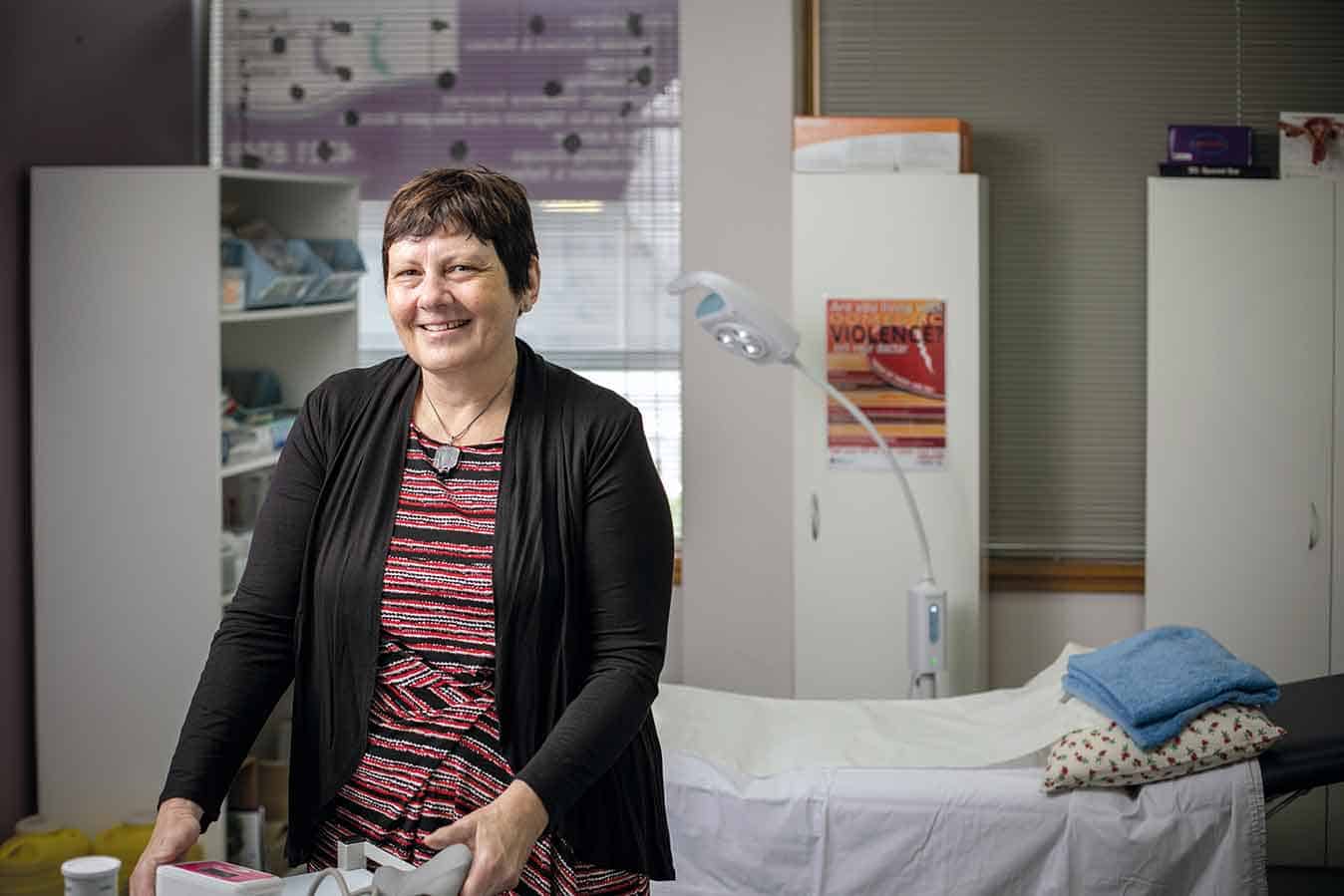Nurse Practitioners (NPs) are registered nurses (RNs) with the experience, expertise and authority to diagnose and treat people of all ages with a broad range of acute or chronic health conditions.
The innovative role, which requires education at Masters Level, aims to improve access to treatment, provide cost-effective care, target at-risk populations and provide clinical expertise to other health professionals.
What is a Nurse Practitioner?
Nurse Practitioners are the most senior and independent clinical nurses in Australia’s health system. They have been providing healthcare around the world since the 1960s and in Australia for the past 21 years, where over 2,000 NPs are endorsed.
The ‘Nurse Practitioner’ title is protected by law and can only be used by an RN who has been endorsed by the Nursing and Midwifery Board of Australia (NMBA). National standards for practice outline the scope of practice of a nurse practitioner.
NPs provide high quality patient-centred care in an advanced and extended clinical role. They help address gaps in existing healthcare services and improve outcomes for patients and the community.
While they practice independently and autonomously, NPs are also key members of healthcare teams and collaborate with other nurses and healthcare professionals, such as GPs, allied health and social workers.
Experts in their clinical specialty, NPs are also capable in clinical research and education and provide mentorship and clinical expertise to other health professionals.
What can a Nurse Practitioner provide?
Nurse Practitioners can:
- Perform advanced health and physical assessments
- Prescribe medications
- Diagnose and treat health conditions
- Initiating and receive appropriate referrals from health professionals
- Order and interpret pathology and radiology tests
- Provide health promotion and education
Where do Nurse Practitioners work?
Nurse Practitioners have varied clinical backgrounds and areas of specialty practice. They work across diverse healthcare settings, including hospitals, community health and private practice.
Specialties include:
- Emergency and critical care
- Aged care
- Mental health
- Drug and Alcohol
- Women’s health
- Paediatrics
- Surgical
- Private practice
How do I become a Nurse Practitioner?
To provide nursing students and RNs with the information they need to navigate the pathways to becoming an NP, The Australian College of Nurse Practitioners (ACNP) developed a Nurse Practitioners Career Guide for Aspiring Nurse Practitioners.
Becoming an NP involves setting long-term goals, and the comprehensive guide seeks to help aspiring NPs access accurate information vital to advancing their careers.
RNs experienced at an advanced nursing level of practice and experts in a speciality area of practice wanting to pursue becoming an NP must meet the endorsement criteria set by the NMBA.
According to the ACNP guide, a number of minimum requirements are necessary before applying for endorsement as a Nurse Practitioner:
- Current registration as an RN in Australia with no restrictions or conditions relating to unsatisfactory performance or conduct.
- The equivalent of three years’ (5,000- hours) full-time experience in advanced clinical nursing practice within the past six years.
- Successful completion of an NMBA-approved post graduate course at a Masters Level leading to endorsement as a nurse practitioner
- Compliance with the NMBA’s Nurse practitioner standards for practice
- Continuing professional development as set out in the standards
For more information on how to become a nurse practitioner:
Access the Australian College of Nurse Practitioners’ Career Guide here
Read the NMBA’s Guidelines for nurses applying for endorsement as a Nurse Practitioner here
Find approved programs of study, Master of Nursing (Nurse Practitioner), via ACNP here
Read the NMBA’s Nurse practitioner standards for practice here









One Response
Greatest mistake was the absence of hospital base training.